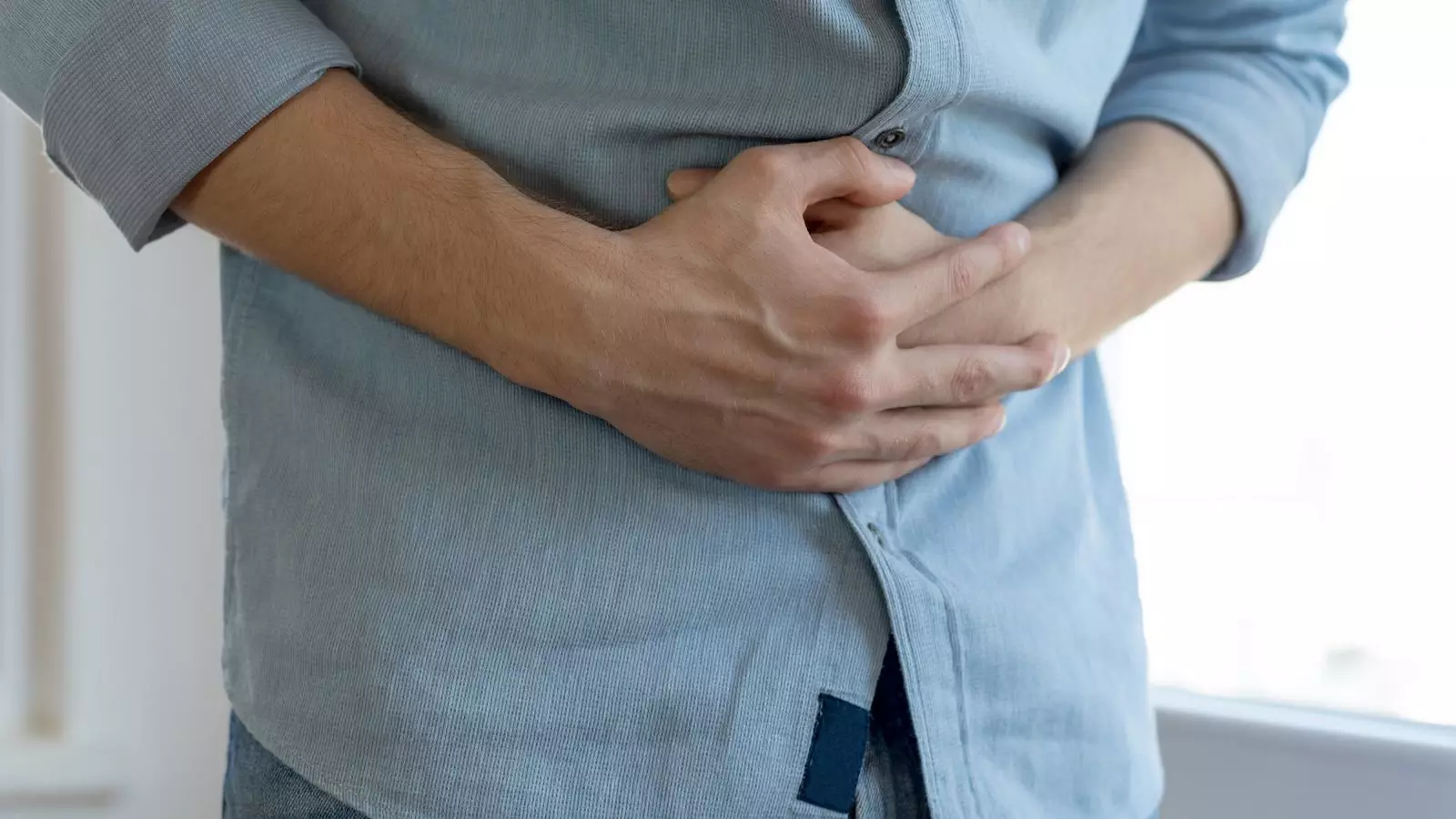In Devon, an urgent warning has been issued to residents to boil their tap water due to an outbreak of cryptosporidiosis disease. Cryptosporidiosis is caused by the parasite Cryptosporidium, commonly known as crypto. This parasite can be contracted through drinking contaminated water, swallowing contaminated water in swimming pools, or coming into contact with the feces of infected animals or humans. The recent outbreak in and around the town of Brixham, South West England, has led to at least 22 confirmed cases of the disease.
The symptoms of cryptosporidiosis include profuse watery diarrhea, stomach pains, nausea or vomiting, low-grade fever, and loss of appetite. Most people develop symptoms within one to 12 days of being infected with the parasite. The symptoms typically last for about two weeks, but can extend up to six weeks or longer in individuals with weakened immune systems. It is common for the illness to subside temporarily before resurfacing a few days later, making it crucial for individuals to seek medical attention.
Severity of the Disease
While most people recover from cryptosporidiosis, individuals with compromised immune systems are at a higher risk of developing severe illness. Severe cases of the disease can be fatal, especially in patients with conditions such as HIV/AIDS, cancer, or undergoing organ transplant procedures. Professor Paul Hunter from the University of East Anglia highlights that before the introduction of effective antiretroviral treatments for HIV/AIDS, cases of cryptosporidiosis often led to death in individuals with weakened immune systems.
Treatment and Prevention
There is no specific treatment for cryptosporidiosis, making it essential for infected individuals to stay hydrated to prevent dehydration caused by diarrhea and vomiting. Oral rehydration sachets can help replace lost sugars, salts, and minerals in the body. Individuals experiencing severe symptoms such as bloody diarrhea are advised to seek medical attention promptly. Hospital treatment may be necessary in severe cases of the disease.
Diagnosing cryptosporidiosis requires a laboratory test of fecal samples, as the symptoms are similar to other gastrointestinal illnesses. To prevent the spread of the disease, infected individuals should refrain from attending school, work, or public places until 48 hours after their symptoms have subsided. Swimming should be avoided for at least two weeks post-recovery, and food preparation for others should be prohibited until 48 hours after the cessation of diarrhea. Proper handwashing practices are crucial in preventing transmission, along with laundering bedding and towels on high-temperature cycles.
The recent cryptosporidiosis outbreak in Devon serves as a reminder of the potential health risks associated with waterborne diseases. It is imperative for residents to heed the warnings issued by health authorities and take necessary precautions to safeguard their health and well-being. Early detection, proper hygiene practices, and prompt medical intervention are essential in managing and containing the spread of cryptosporidiosis in affected communities.



Leave a Reply